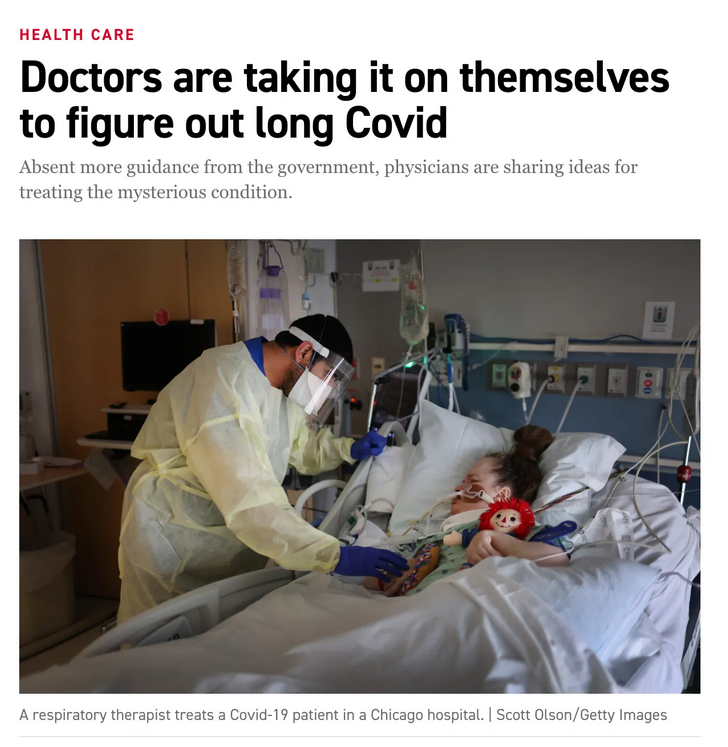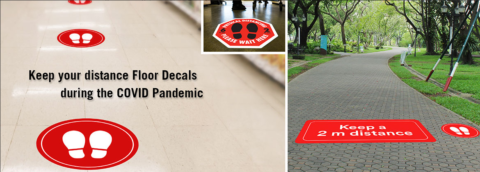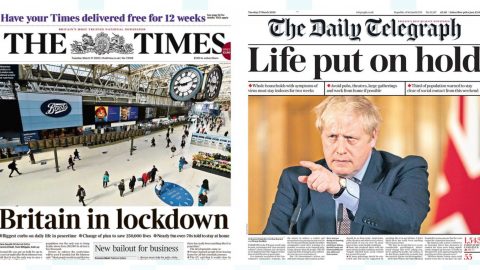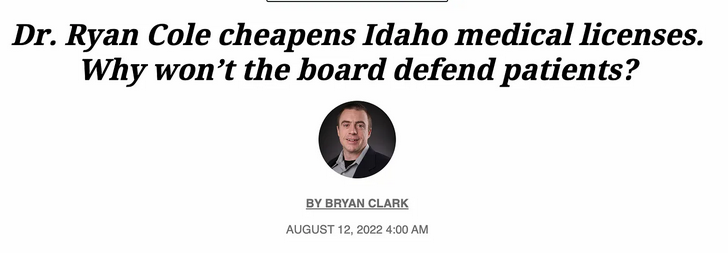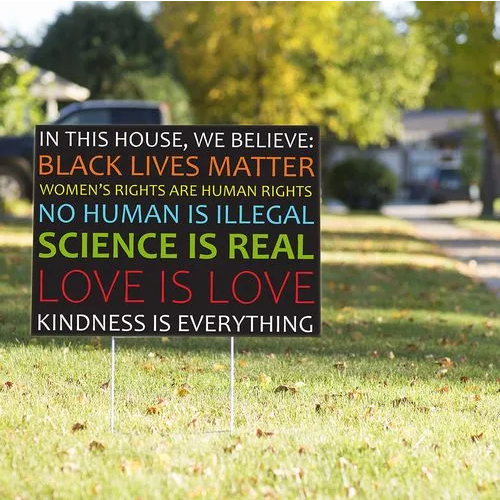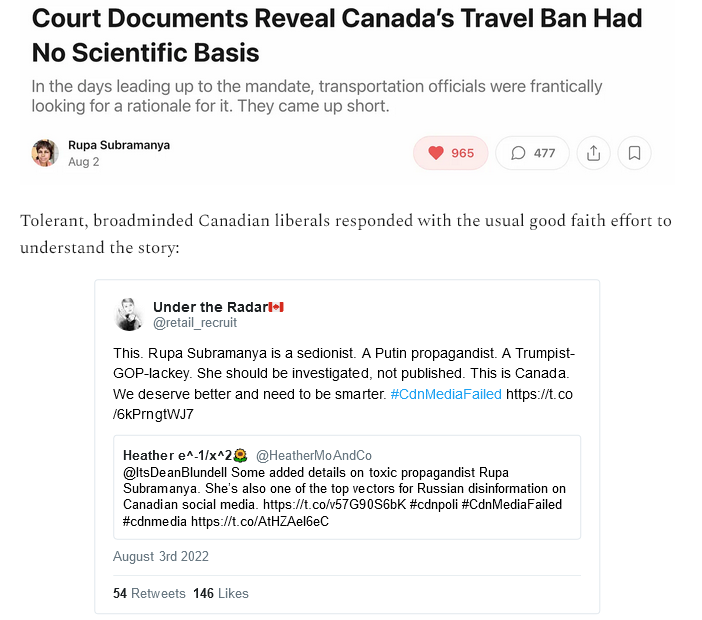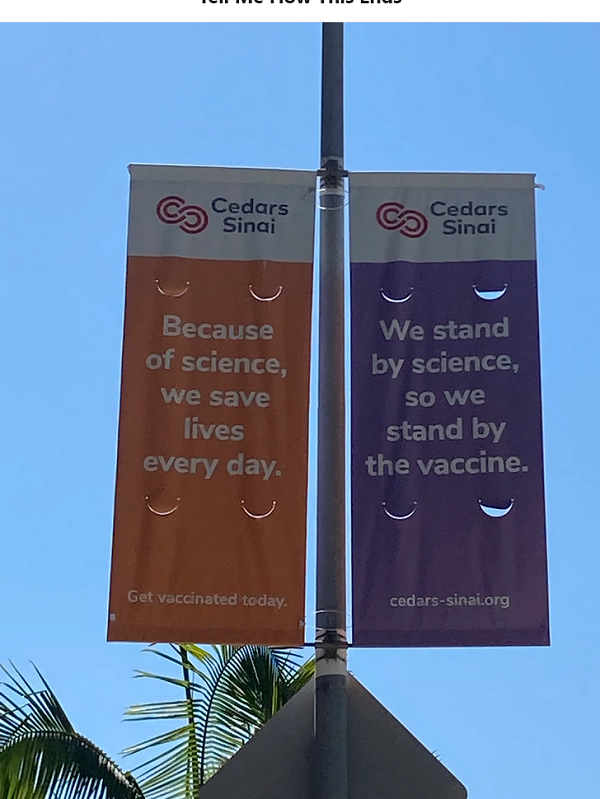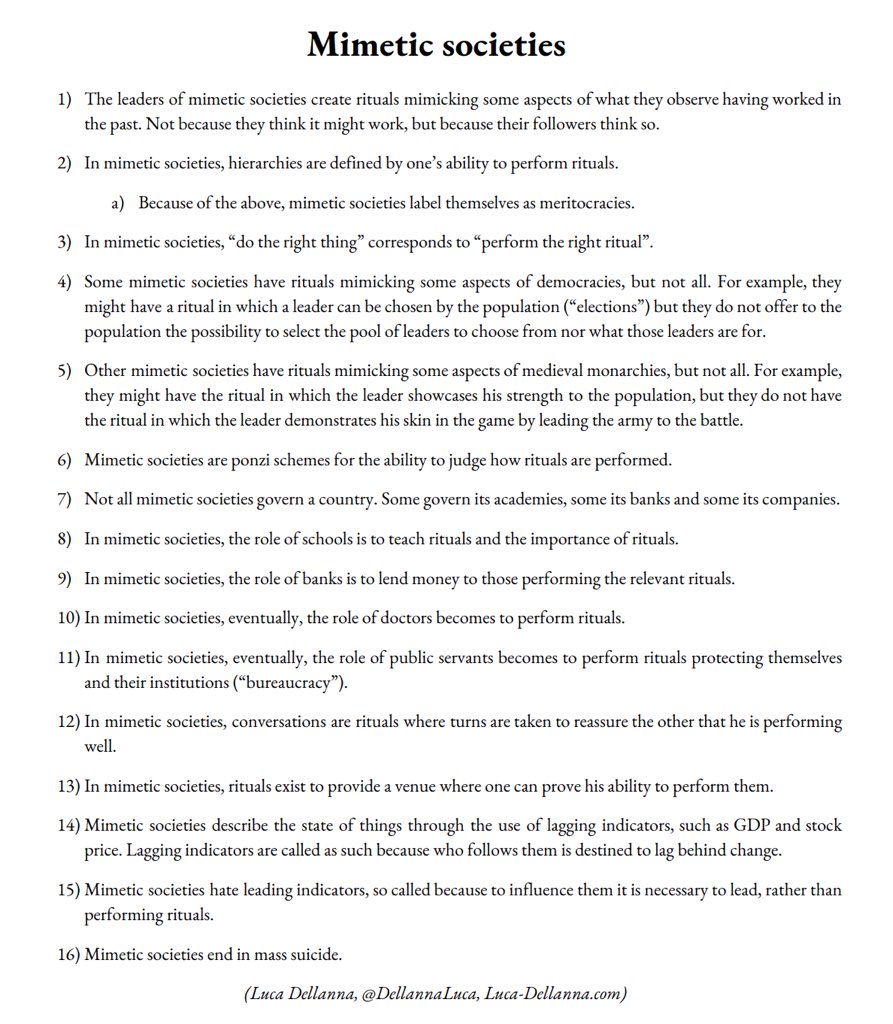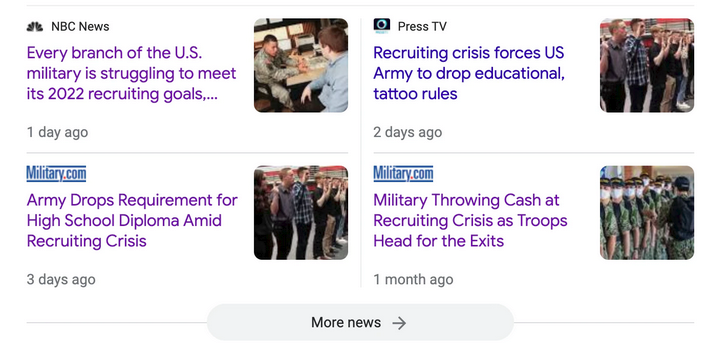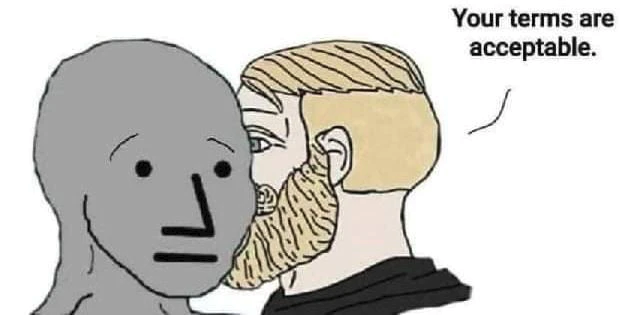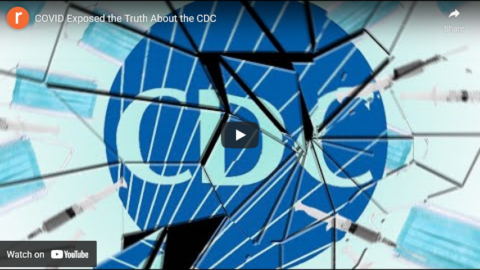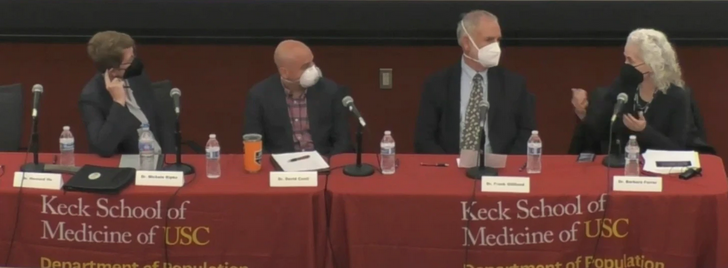Kerry McDonald refutes the “learning loss” narrative we’ve been inundated with:

“Abandoned Schoolhouse and Wheat Field 3443 B” by jim.choate59 is licensed under CC BY-NC-ND 2.0
There are mounting concerns over profound learning loss due to prolonged school closures and remote learning. New data released last week by the US Department of Education reveal that fourth-grade reading and math scores dropped sharply over the past two years.
Fingers are waving regarding who is to blame, but the alleged “learning loss” now being exposed is more reflective of the nature of forced schooling rather than how children actually learn.
The current hullabaloo over pandemic learning loss mirrors the well-worn narrative regarding “summer slide”, in which children allegedly lose knowledge over summer vacation. In 2017, I wrote an article for Boston NPR stating that there’s no such thing as the summer slide.
Students may memorize and regurgitate information for a test or a teacher, but if it has no meaning for them, they quickly forget it. Come high school graduation, most of us forget most of what we supposedly learned in school.
In his New York Times opinion article this week, economist Bryan Caplan makes a related point: “I figure that most of the learning students lost in Zoom school is learning they would have lost by early adulthood even if schools had remained open. My claim is not that in the long run remote learning is almost as good as in-person learning. My claim is that in the long run in-person learning is almost as bad as remote learning.”
Learning and schooling are completely different. Learning is something we humans do, while schooling is something done to us. We need more learning and less schooling.
Yet, the solutions being proposed to deal with the identified learning loss over the past two years promise the opposite. Billions of dollars in federal COVID relief funds are being funneled into more schooling and school-like activities, including intensive tutoring, extended-day learning programs, longer school years, and more summer school. These efforts could raise test scores, as has been seen in Texas where students receive 30 hours of tutoring in each subject area in which they have failed a test, but do they really reflect true learning?
As we know from research on unschoolers and others who learn in self-directed education settings, non-coercive, interest-driven learning tends to be deep and authentic. When learning is individually-initiated and unforced, it is not a chore. It is absorbed and retained with enthusiasm because it is tied to personal passions and goals.


